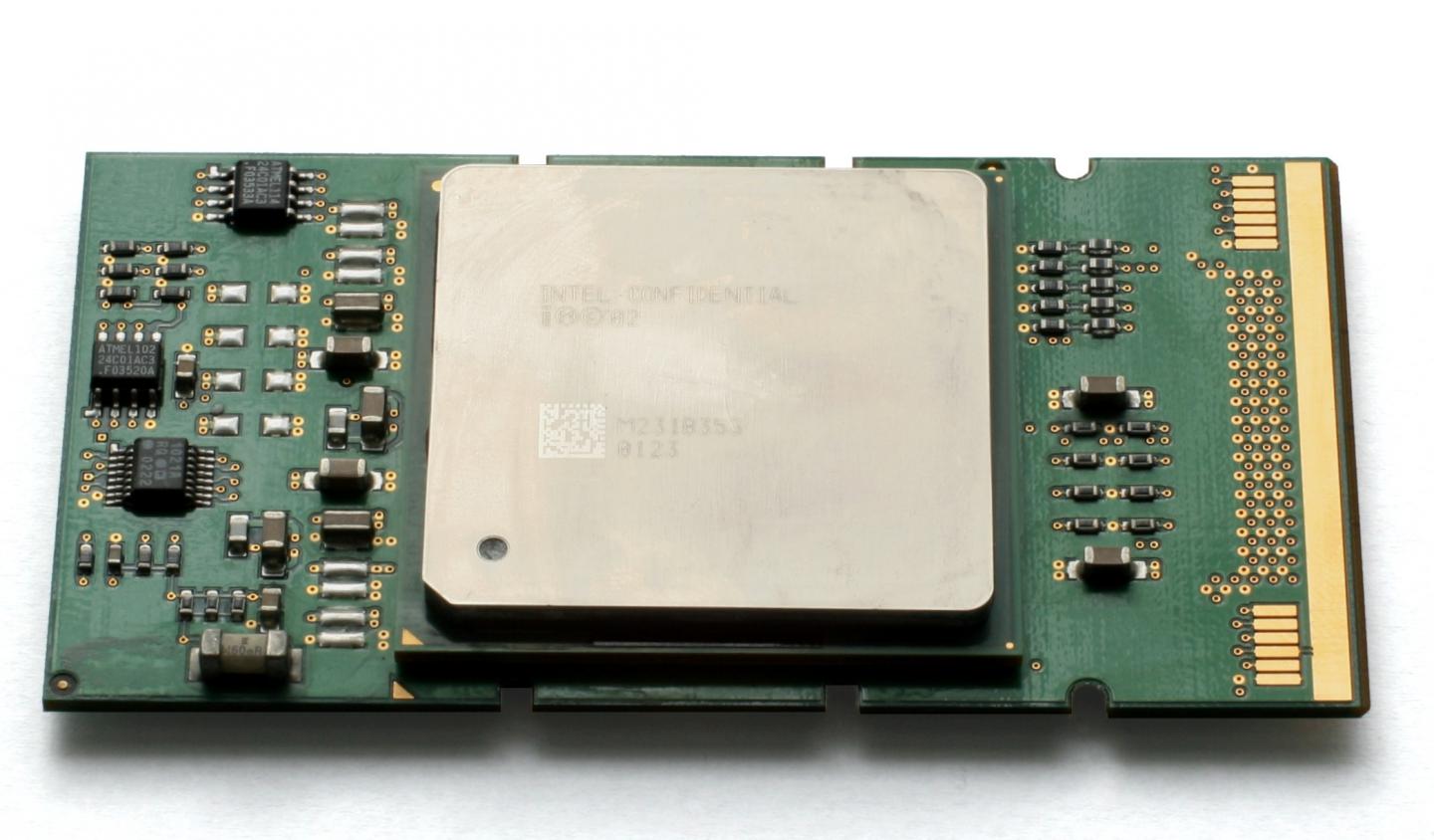Intel is pulling the plug on the 9700 Itanium processors, the last ones. The Itanium series is a high-end server platform processor aimed at HPC.
Also referred to as the Itanium Kittson family of processors will be supplied until July 29, 2021 at the very latest. The series do not have much marketshare either, only thr HPE Integrity Superdome systems with HP-UX 11i v3 OS is fitted with these puppies. The Itanium 9700 (IA-64) line was released in 2017, with Intel already announcing that there was no successor in the planning. The 9700 line was already a modest update for the 9500-series code-named Poulson from 2012.
Over time it became apparent that x86-64 is a more logical path to follow for servers and enterprise, Itanium's performance also was not so shabby combined with an expensive chip production.


